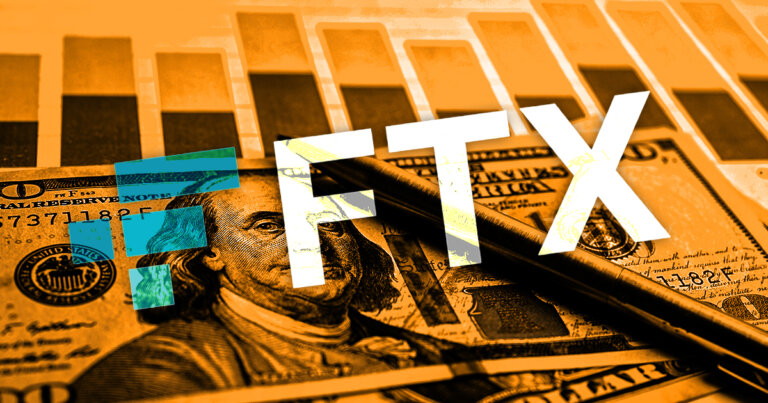 FTX wants court to allow up to $200M weekly crypto sale, restart ‘hedging’ BTC
FTX wants court to allow up to $200M weekly crypto sale, restart ‘hedging’ BTC FTX wants court to allow up to $200M weekly crypto sale, restart ‘hedging’ BTC
Proposed engagement with Galaxy bolsters FTX's restructuring endeavors by monetizing crypto assets.

Cover art/illustration via CryptoSlate. Image includes combined content which may include AI-generated content.
FTX has filed a motion in bankruptcy court seeking approval to hire Galaxy Digital Capital Management LP (“Galaxy”) as an investment manager, according to a court filing uploaded to FTX’s claims agent website on Aug. 23.
Galaxy investment manager for FTX.
As the filing outlines, FTX is proposing to engage Galaxy to provide investment management services for certain digital assets owned by FTX.
Under the proposed agreement, Galaxy would manage and trade these assets to liquidate them into fiat currency or stablecoins. Galaxy would also hedge FTX’s exposure to volatile cryptocurrencies like Bitcoin and Ether.
In return, Galaxy would receive a monthly management fee comprised of two components: a hedging fee based on the average net asset value of assets being hedged and a liquidation fee based on the total proceeds from liquidated assets.
According to the court documents, FTX believes hiring an experienced external investment manager like Galaxy is advantageous because Galaxy has the expertise to sell significant cryptocurrency positions without flooding the market. Galaxy can also execute trades confidentially to prevent signaling FTX’s intentions and inadvertently moving prices.
Galaxy would owe FTX a fiduciary duty to act in its best interest when managing the digital assets if approved. FTX’s filing describes Galaxy’s policies and procedures to avoid conflicts of interest in fulfilling this obligation.
FTX contends that hiring Galaxy as proposed is a proper exercise of its business judgment and is seeking court approval under Section 363(b) of the Bankruptcy Code. This provision allows a debtor to use estate property outside of the ordinary course of business after notice and a hearing.
The proposed engagement aims to aid FTX’s restructuring efforts by monetizing its sizeable cryptocurrency holdings.
However, the ultimate decision rests with the bankruptcy court, which must review the motion and determine if retaining Galaxy as an investment manager is in the best interests of FTX and its creditors.
Property sale request.
The FTX debtors filed another motion on Aug. 23, seeking court approval to establish guidelines for managing and selling some of their substantial digital asset holdings, likely related to the Galaxy filing.
According to the court documents, FTX requests authorization to retain an investment adviser to assist with selling certain coins and tokens over time. The proposed guidelines would allow FTX to sell up to $100 million worth of digital assets per week, with the ability to increase the limit to $200 million temporarily.
FTX contends that selling digital assets through an experienced investment manager will help maximize sale proceeds while reducing volatility exposure. The filing also asks the court to approve FTX entering into hedging arrangements on eligible cryptocurrencies like Bitcoin and Ethereum.
Additionally, FTX is seeking permission to stake some idle crypto assets to generate passive yield. The debtors argue these measures represent a sound exercise of business judgment that will benefit creditors by mitigating market risk.
However, FTX’s digital asset sale guidelines and requested authority remain subject to bankruptcy court approval after notice and a hearing.





















































































































